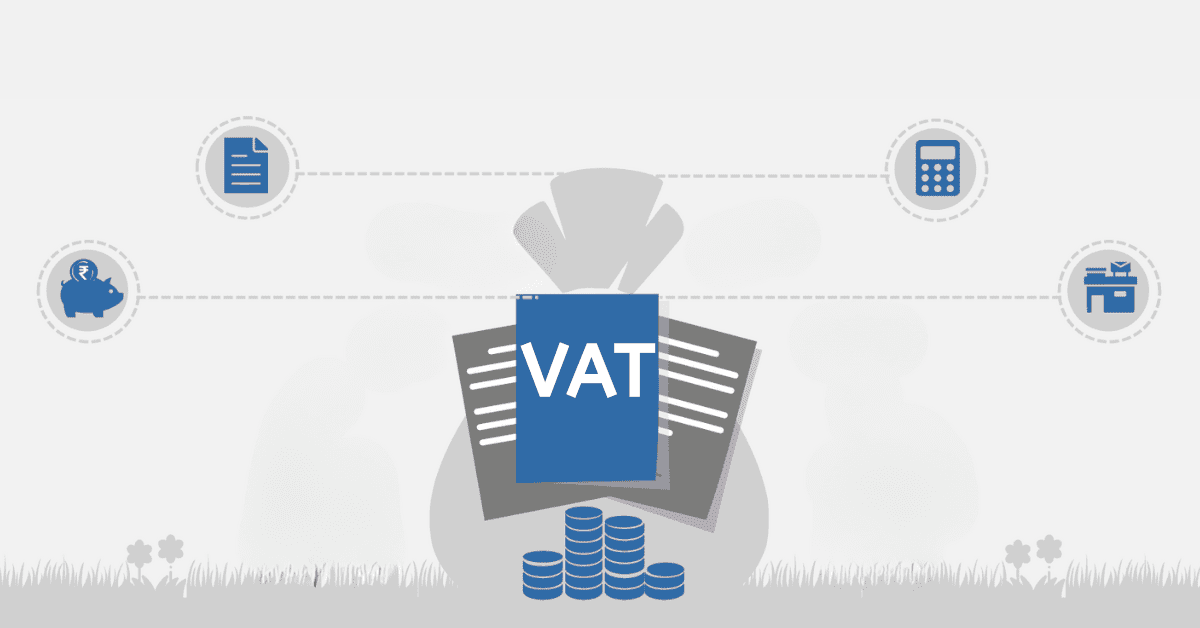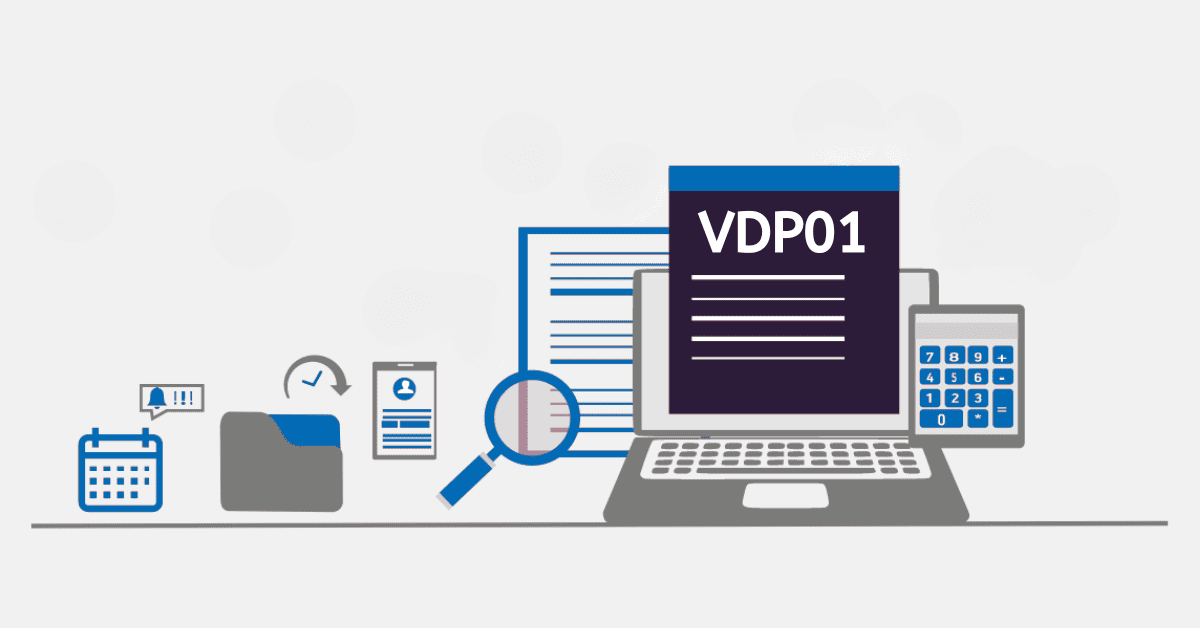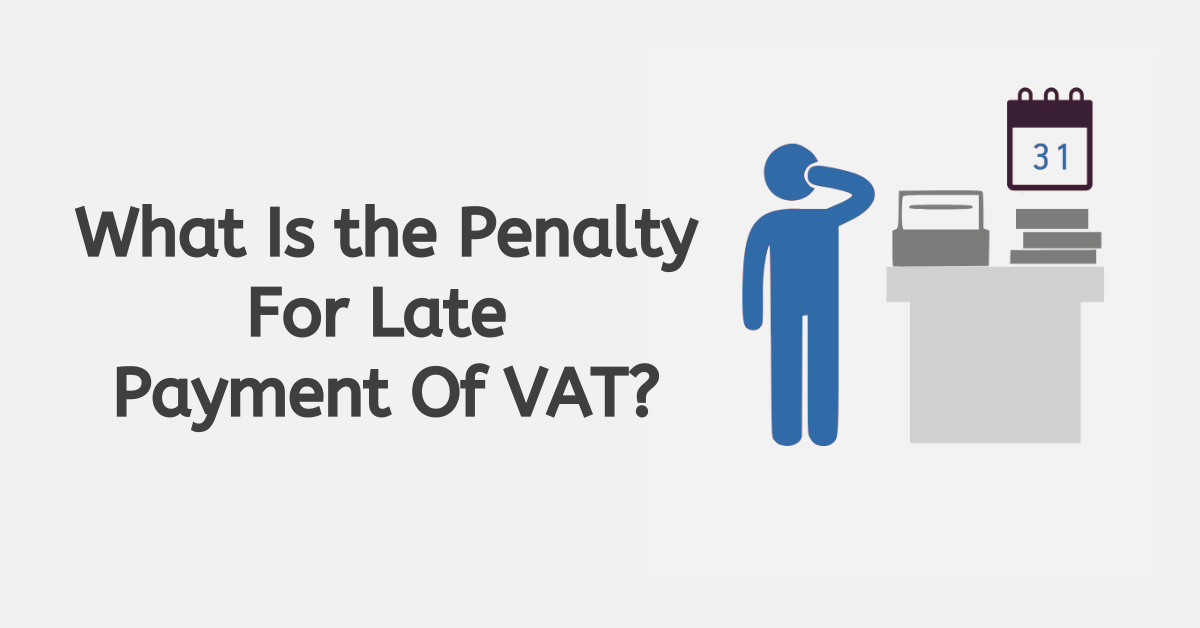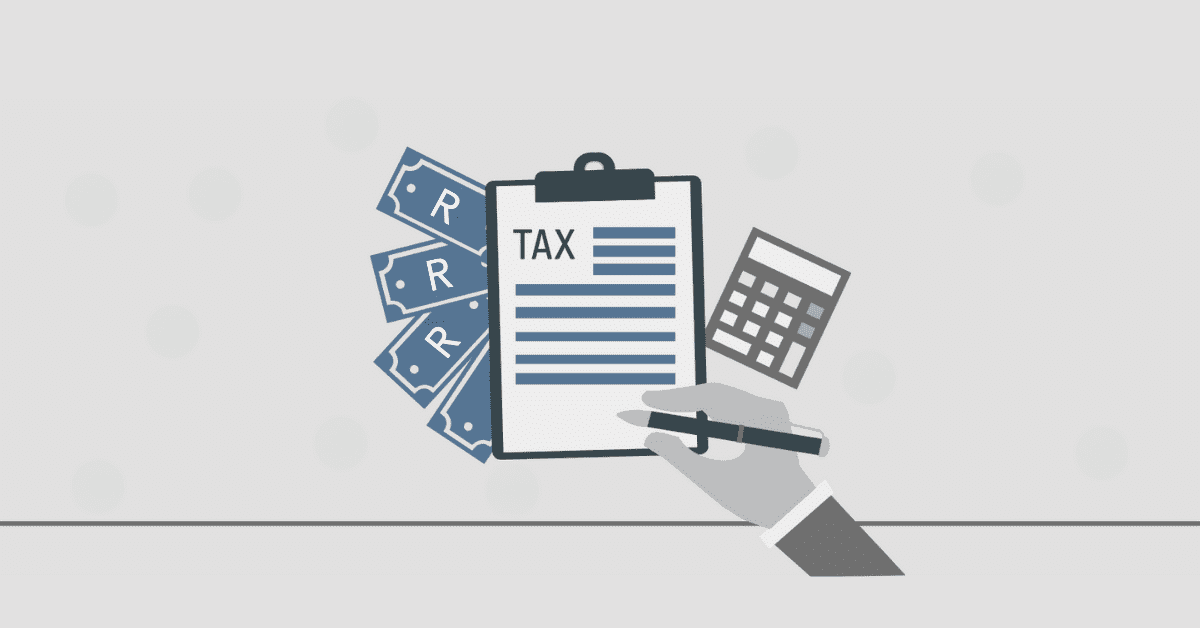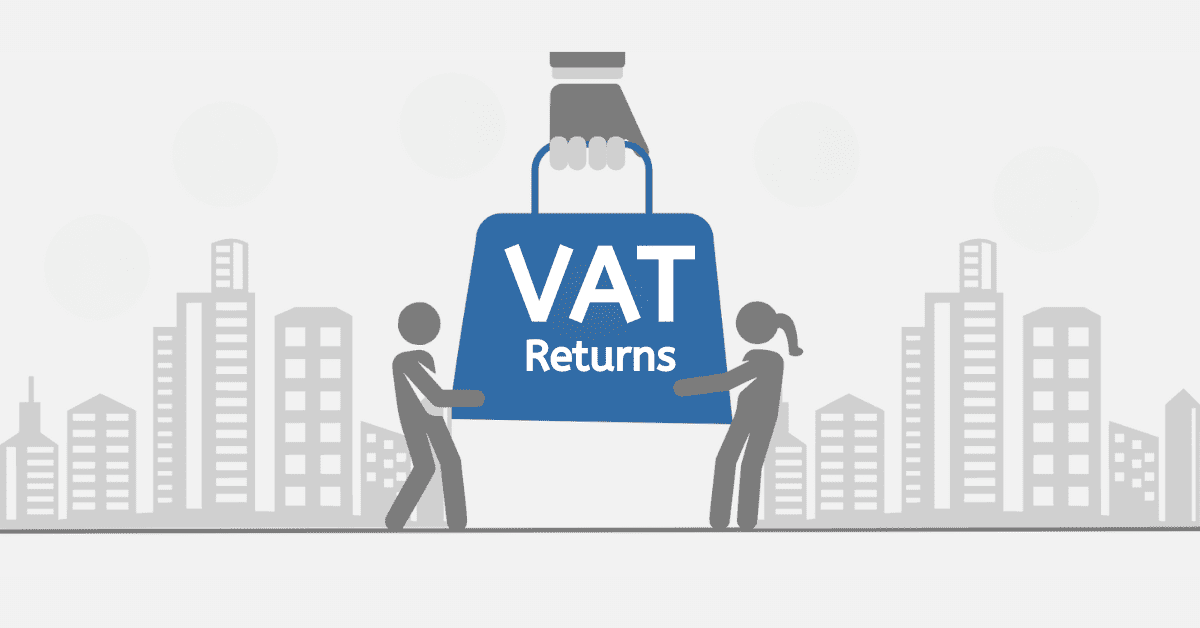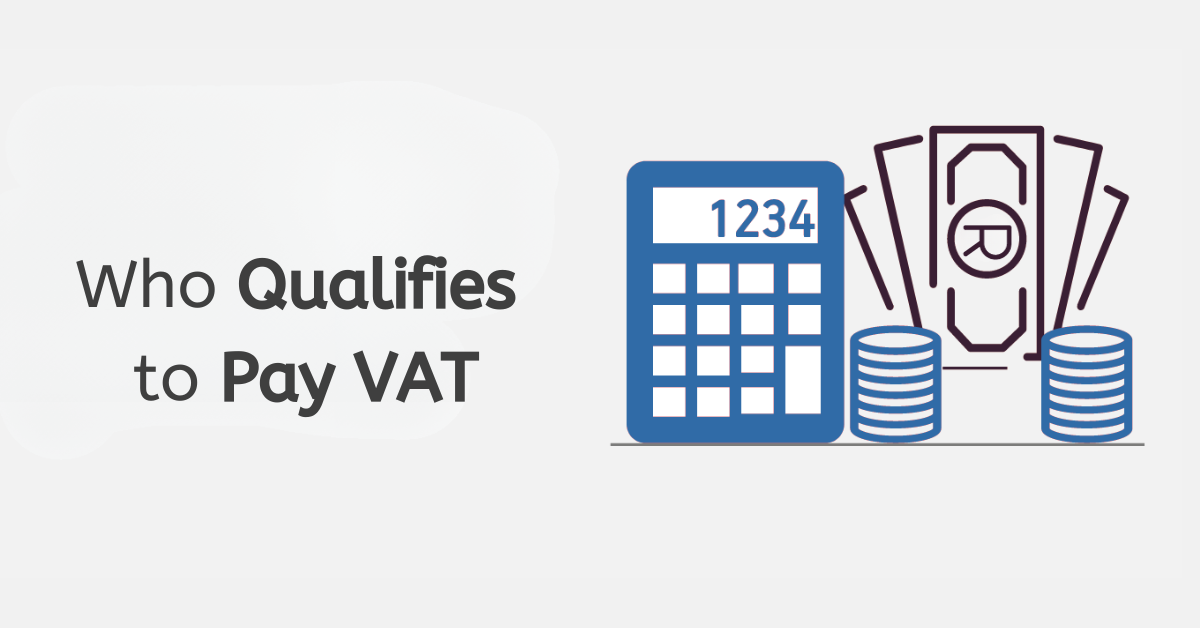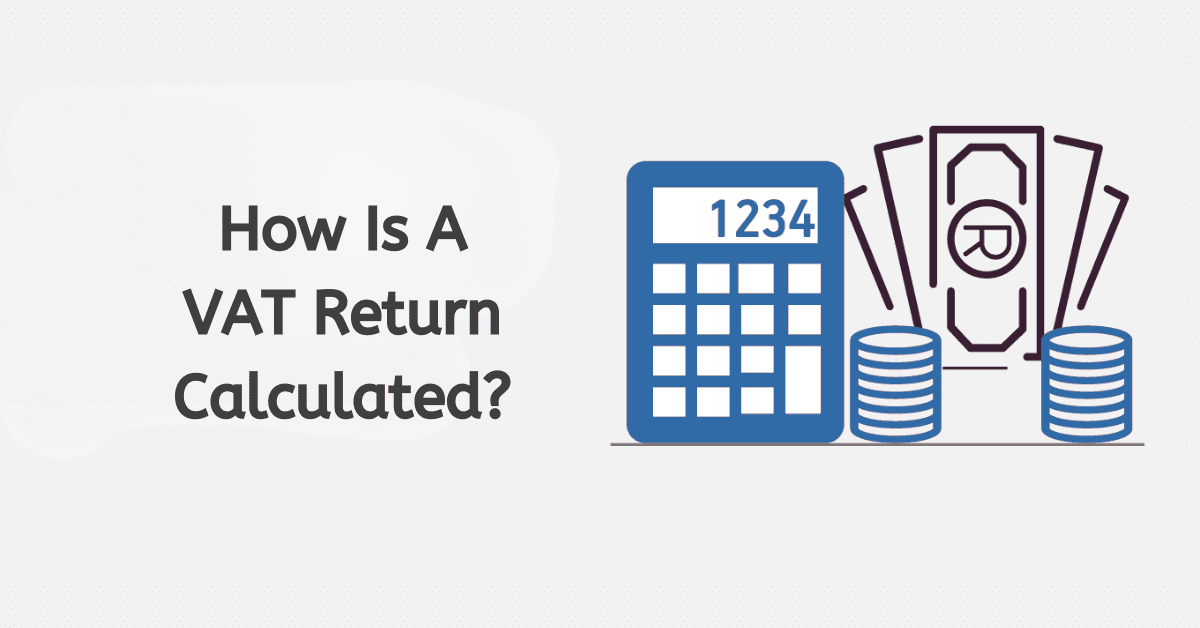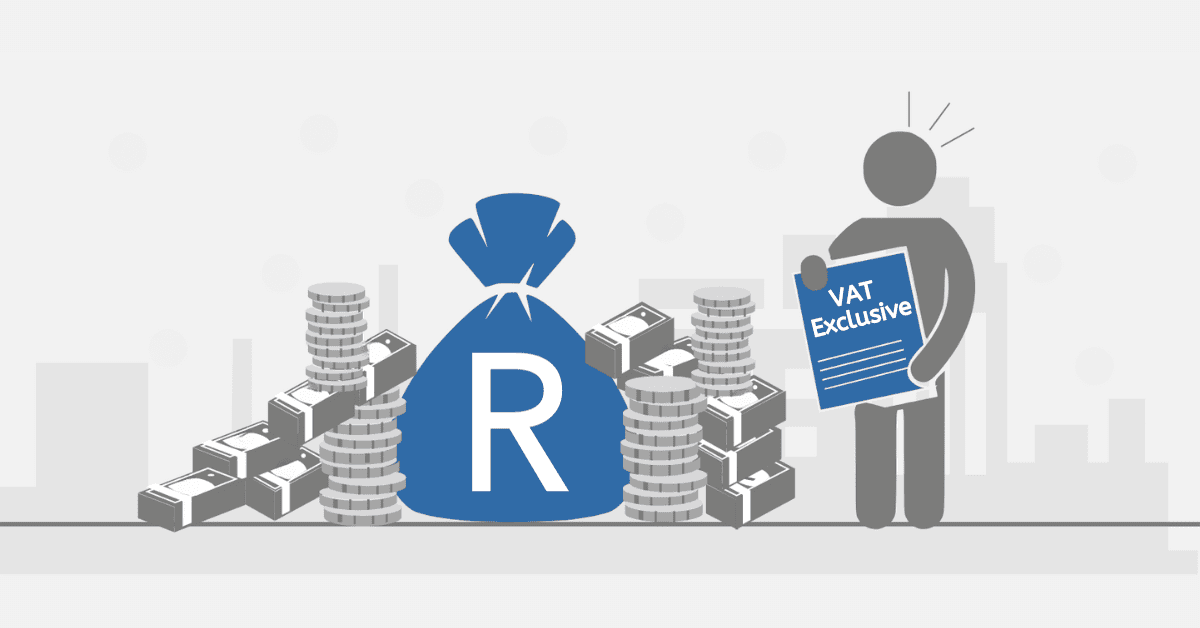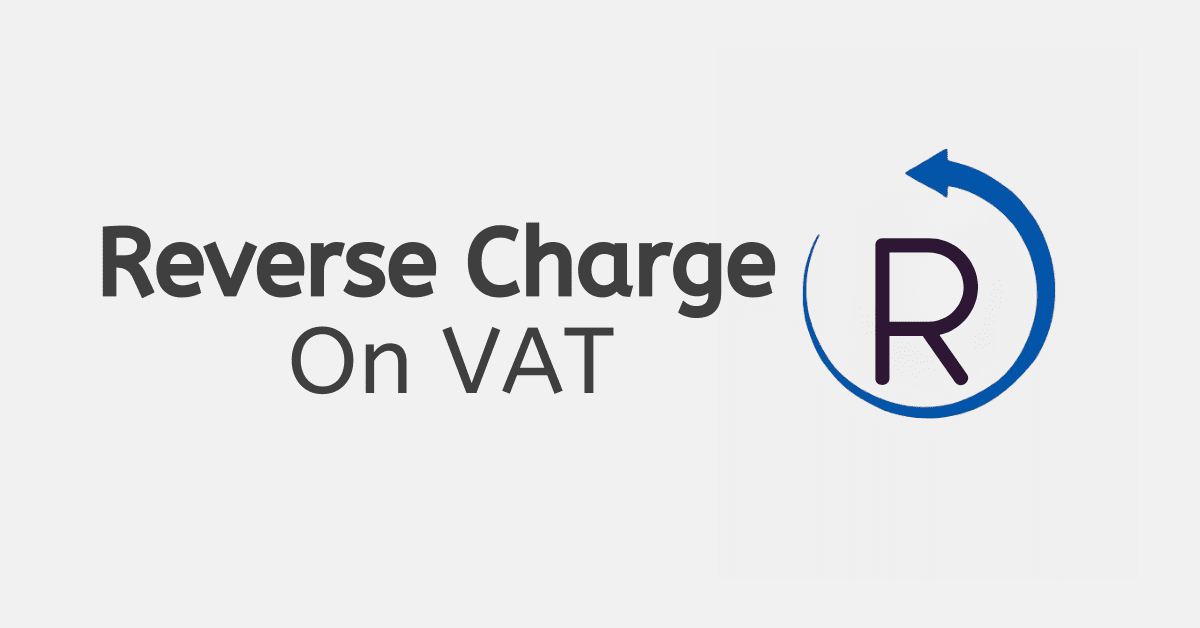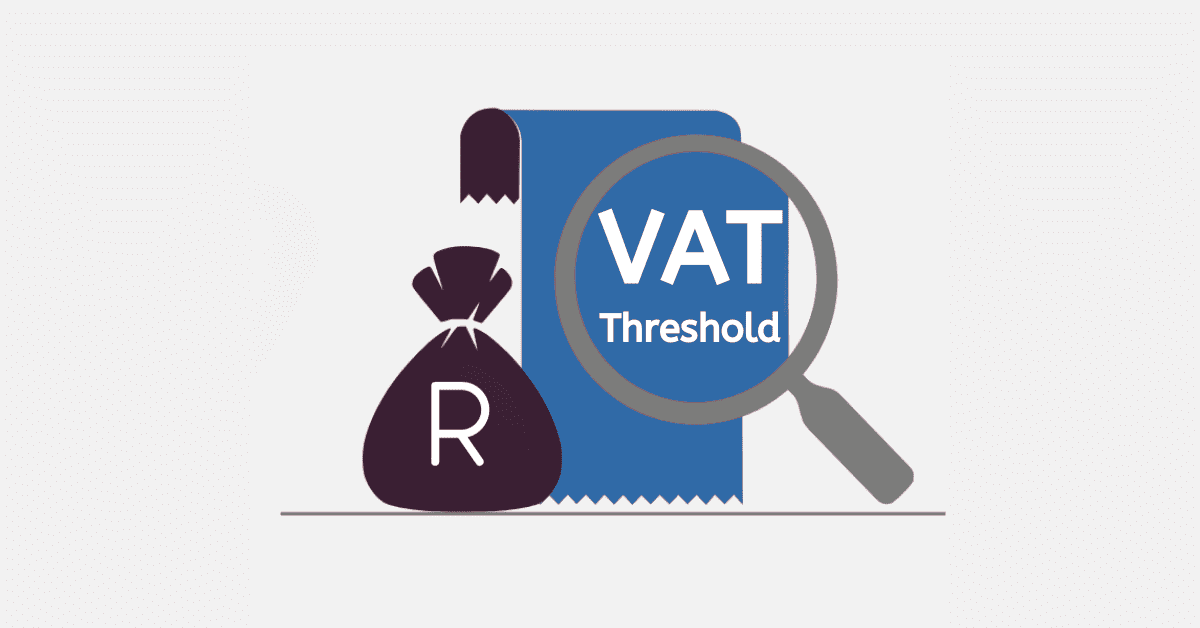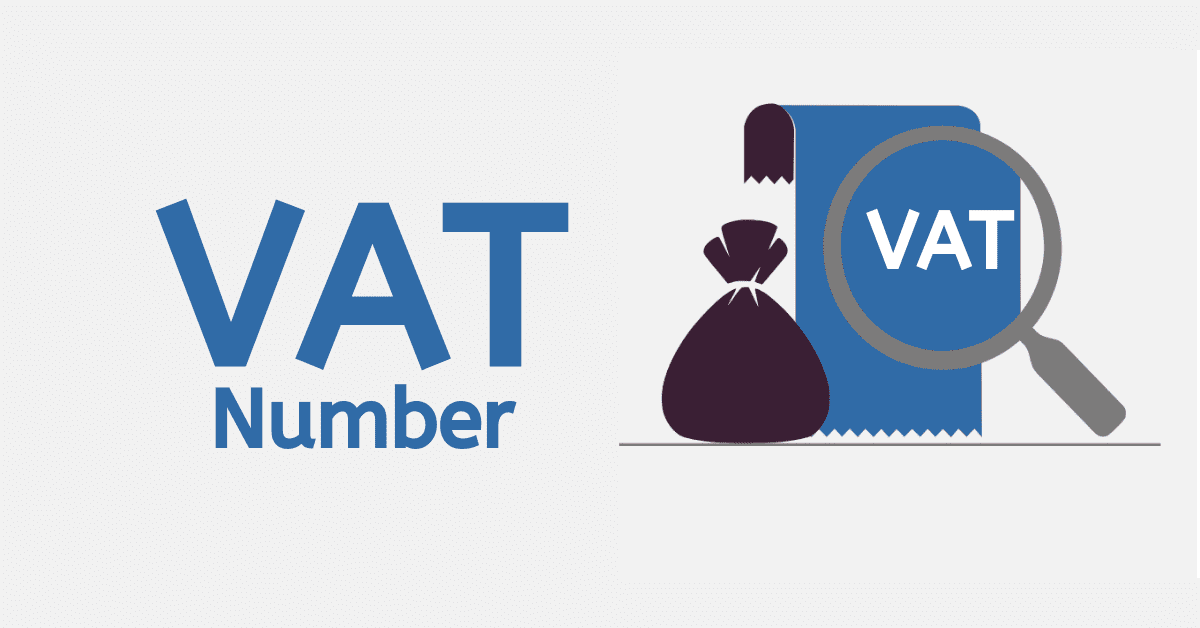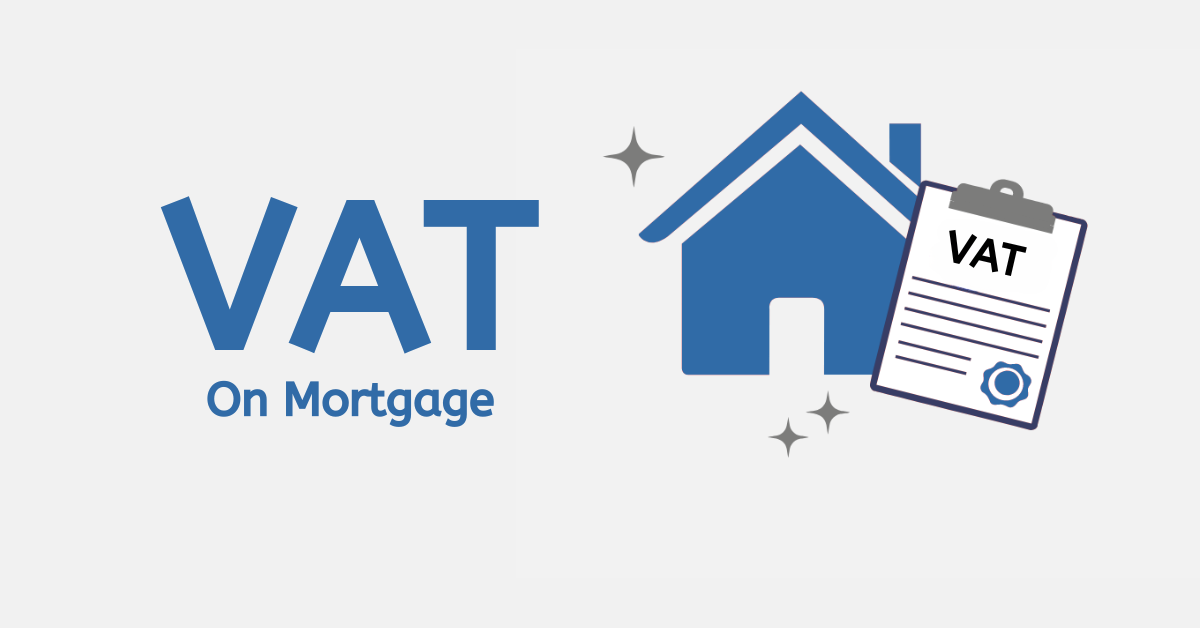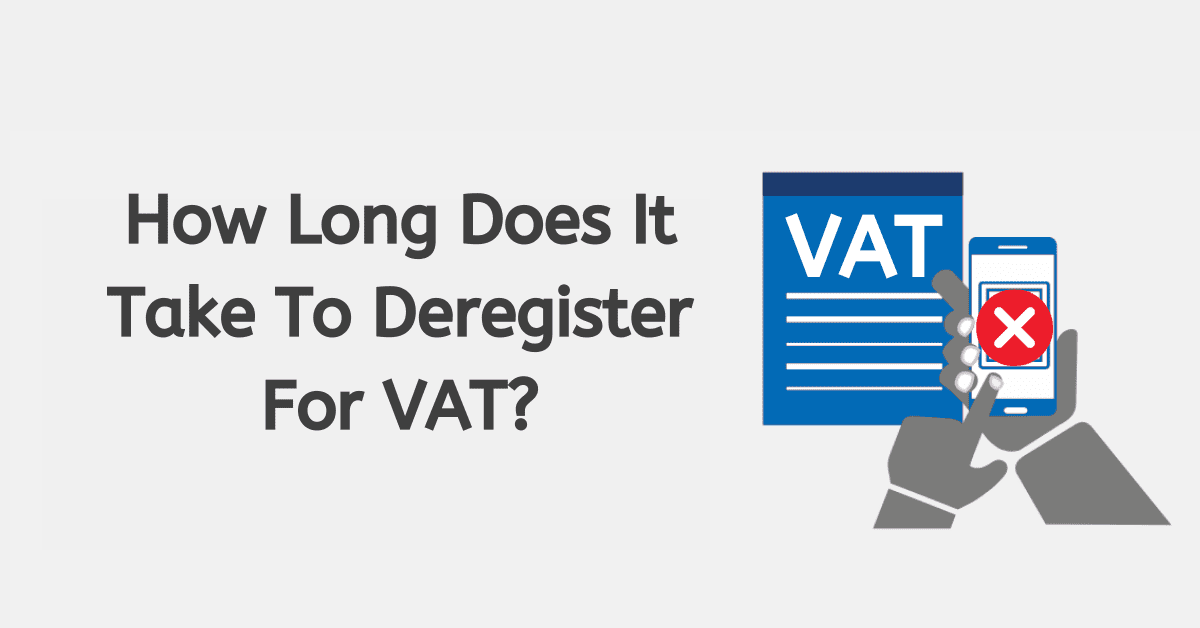All enterprises registered for VAT are expected to be compliant and pay tax to the South Africa Revenue Service (SARS) as expected. However, some unscrupulous businesses may fail to honor their tax obligations and declare incorrect tax positions to SARS. This can compromise the revenue collected by the government. To prevent such a scenario, SARS randomly selects taxpayers for audit
What Is the VAT Audit Process?
A VAT audit refers to the examination and verification of the accounting and financial records of a company to ensure that vendors are contributing regularly and honestly toward their tax obligations. However, it is something undesirable to business, and it often causes unnecessary panic, but this can be avoided.
If your records are accurate and updated regularly, a VAT audit is not scary. When SARS officials audit your business, they will check the following items:
- Total returns are checked against the trial balance, general ledger, or income statement. VAT input and VAT output calculations are also analyzed to ensure accuracy.
- The VAT control account is reviewed to check errors.
- SARS also checks if there are any penalties and interests levied against your account and if they have been paid up.
- Some tax invoices will be reviewed.
- SARS investigates how your trade is classified.
- Your customers are checked as well.
- Previous records, including audits and verification, are checked to see if they were rectified.
- All taxable supplies are reviewed because other businesses have different forms of VAT rated at the standard rate of 15% or 0%. In some cases, other supplies are exempt from VAT.
- SARS also analyses your history of refunds to check if there are no mistakes. It also checks the value of liabilities and assets to ensure you make correct claims.
When your books are in order, there is nothing much to be afraid of. If you are selected for an audit, you can enlist the services of a tax professional to handle the situation on your behalf.
How Do I Prepare for a VAT Audit?
Once you get a formal Notification of Audit, it means you have to prepare for it. A taxpayer is usually requested to submit supporting documents to SARS within a certain timeframe, so you should do so without failure. The scope of the audit determines the relevant material required, so you must get full details first. Alternatively, you can make arrangements with SARS so they can undertake the audit at a convenient time.
In some instances, SARS may obtain the required materials from a third party. You need to assist to ensure that the documents are correct and they are in electronic format. If you are registered for eFiling, you need to scan the material and upload it to your profile so that it can be accessed easily. When you send the documents to SARS via eFiling, make sure you click submit so they are delivered.
The original formal notification letter from SARS must always accompany all the documents you submit via eFiling or hand delivered at the branch. This letter has a specific bar-coded reference that links your tax records with the documents provided. When uploading the documents via eFiling, you must use the correct format. The accepted file type can be docx, doc, pdf, xls, gif, jpg, or xlsx. The maximum size of each document must be 5 MB and 20 documents can be uploaded.
Vendors selected for an audit can also liaise with SARS officials to collect the materials stated, or they can deliver physically if they cannot send them via eFiling. A specific audit is allocated, so you must stay in close contact with them. Contact the SARS official you would be dealing with if you require further assistance.
What to Expect in a VAT Audit?
When you are selected for an audit, you will receive a formal notification and be allocated a specific auditor. You should expect the following things from a VAT audit:
- The notification of audit states the scope or reasons for the audit.
- If additional material is required, you will be notified.
- Where a field audit is to be conducted, the SARS auditor must provide an Authorisation Letter.
- No refund due is paid during an audit.
- Progress reports are produced at different stages of the audit report, and they are offered at intervals of 90 days from the time you receive the Notification of Audit.
If SARS believes that progress reports may impact the outcome of the audit, they may not be produced. Naturally, an audit is more intrusive than verification of the taxpayer’s accounts. Therefore, you should expect to be asked more things than what you anticipate.
Depending on the complexity of the audit, you should expect it to be completed between 30 working days and 12 months. In some instances, it can even take longer. To speed up the process, you must be willing to cooperate and know that SARS can request additional material throughout the audit process.
If you can’t produce the material, SARS will use the information obtained from third parties, which can compromise the outcome. It is important to respond to all requests by SARS officials. You can face heavy penalties if you’re uncooperative.
How Long Does a SARS VAT Audit Take?
A SARS VAT audit can take 30 business days up to 12 months. The process can even be longer depending on the volume of transactions being handled, the taxpayer’s cooperation, and the complexity of the issue at hand. If SARS requires additional material, you will be asked to provide it, and this can affect the assessment time. You should work closely with your specific auditor to make the process seamless.
What Is the Purpose of VAT Audit?
A VAT audit is specifically meant to assess the taxpayer’s invoice flows and supply of taxable goods and services if they are compliant. It also involves a comprehensive assessment of your business accounts to establish if they are done above board. In other words, an audit aims to ensure that all taxable supplies are properly accounted for.
SARS often selects vendors to conduct VAT audits to ensure they comply with the law. When you’re selected, you need to work closely with the auditor to get the best outcome. If you don’t want to cooperate, the auditor involved can obtain details from a third party, which can compromise the outcome of the audit.
